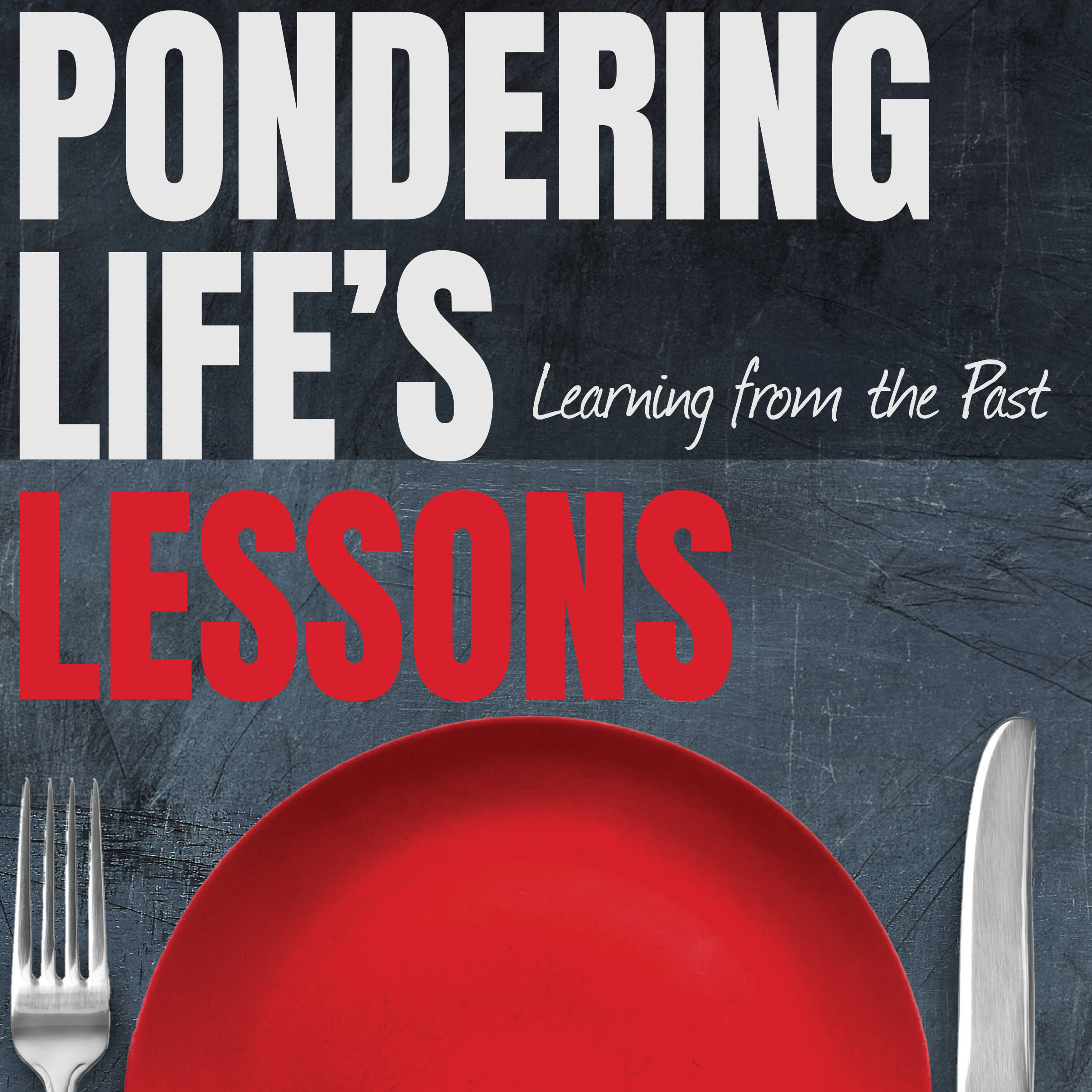I was about eleven when I ran across the word “homosexual” in a book I was reading. I wasn’t familiar with the word, so I asked my mom what it meant. She wanted to know why I asked.
“It’s in this book, and I don’t know what it means.” She asked me to read the passage to her, and I did. She went on to explain, “Some boys like being with boys rather than girls, and some girls prefer being with girls rather than boys. People like that are called homosexuals. They prefer their own sex.” That was my formal introduction to the topic. I later learned it was a bit more complicated, but at eleven I was good to go.
As I reflect on that exchange, there was no judgement in my mother’s explanation. I asked a question. She began her reply with a clarifying question because she wanted to know why I was making such an inquiry. Her response was straight forward. She didn’t offer her opinion on the matter. Whether it was a conscious decision or not, she was simply providing information. It was up to me to decide what to do with it.
My father made similar observations. He was a truck driver, and he had a helper that dressed for social occasions in elaborate women’s gowns. His helper changed clothes at work before heading out on Friday night to celebrate the weekend. Dad shared descriptions of the gowns with my mother, and I overheard some of those conversations. He was more surprised by the cost of the gowns than the fact that his friend chose to wear them.
During that same timeframe, Mom and Dad watched the news on television. They didn’t do it every night, but on the nights they did, they listened to reporters relaying facts about the day’s happenings. There were three US based channels and one that broadcast from Windsor. The reporters relayed a series of facts. They didn’t tell my parents what they should think about the facts they presented. They were simply relaying the news of the day. The largest incentive for those reporters was who told the story first. The more exciting the story, and the timelier it was told, the more accolades the reporter received.
The first election I recall was when Dwight Eisenhower ran against Adlai Stevenson. I was five years old. My mom told me she voted for the soldier, and she guessed that my dad didn’t. The only thing I knew was one was a soldier, and one wasn’t. I was happy that the soldier won, and if my dad was disappointed, he never said so.
When Ruth and I married, we seldom spoke about politics. We did discuss religion and had similar views in spite of the fact that I was raised Catholic, and she was raised Baptist. We also discussed sexual orientation as we both worked with students were navigating their own development.
 When we had children of our own, we focused on answering their questions as we wanted them to figure things out for themselves. We tried to remain neutral on matters that involved sexuality, politics and religion.
When we had children of our own, we focused on answering their questions as we wanted them to figure things out for themselves. We tried to remain neutral on matters that involved sexuality, politics and religion.
As a child, Ruth’s parents tried to influence her choices. She didn’t like that. She loved her parents, but she didn’t always agree on the choices they made on her behalf. She didn’t want her children to feel the same strain that she did.
Our family discussions of right and wrong were guided by the principle outlined by the Golden Rule. “Do unto others as you would have them do unto you.” That wasn’t always accomplished but it was a good place to start.
Social media, and the proliferation of news media, has changed the way the world operates. We’re constantly told what to believe and why we should believe it. The process discourages thinking for oneself. Those of us who do are often ridiculed for expressing our beliefs. Being different is often deemed unacceptable.
I think my parents’ way of simply answering my questions was best. I had the opportunity to think for myself. Being different was ok and sometimes preferred. I didn’t always choose “different”, but I always knew it was an option.


Whenever the topic of news and the media comes up I always talk about when I was younger and we had a project to clip a news artlicle and highlight the, “who, what, where, when, and how” of a story. The teacher discussed how the “why” was not reported because reporting was based on fact and the why is never really known by anyone but the acting person. I remember reporters getting in trouble if they showed emotion during a report. I liked it much better that way. Give me the facts and let me form my own educated opinion. I worry for this generation of tik tok trends and echo chambers that the younger generation forms their opinions on.
Great story & great advice..